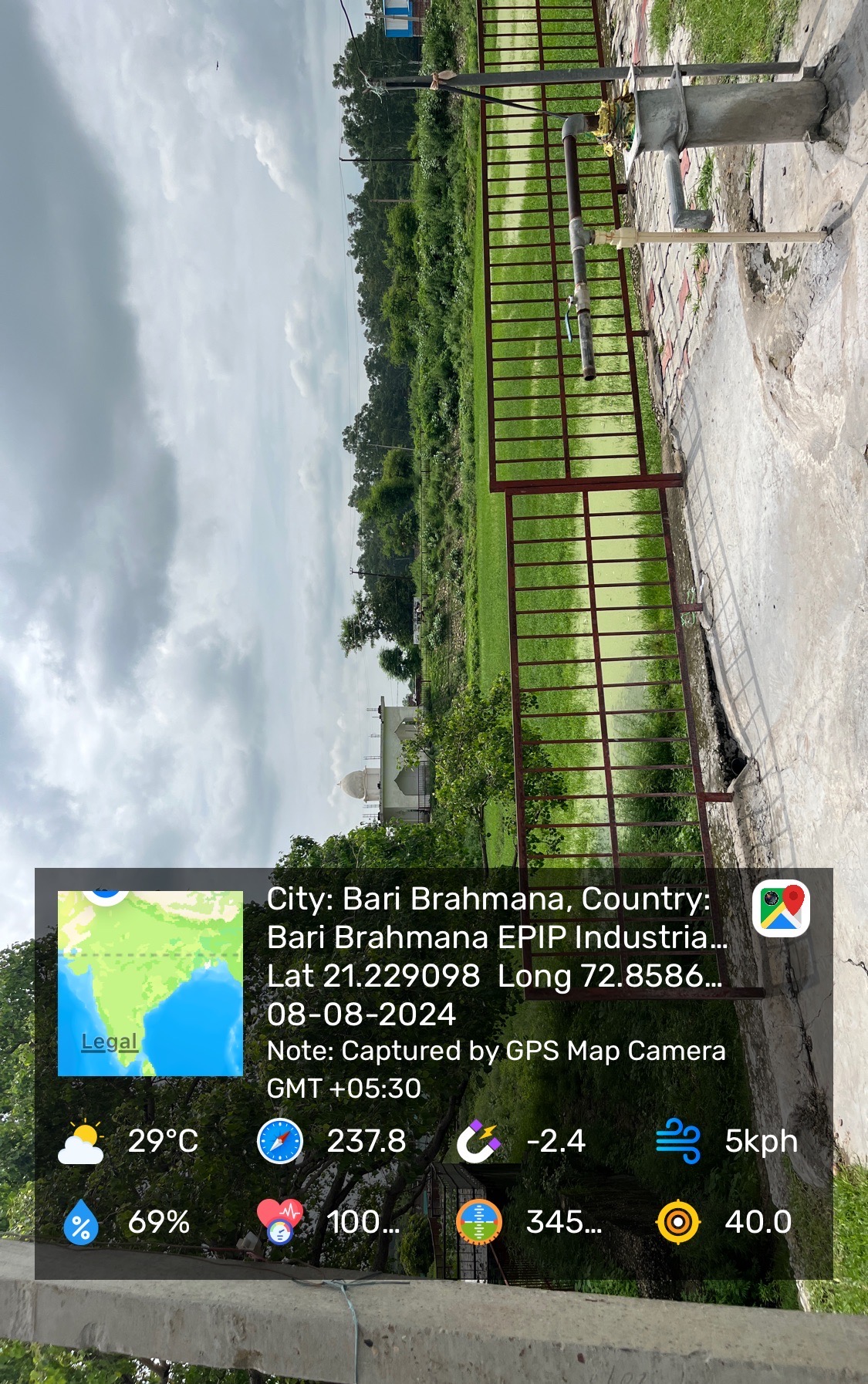Description
Introduction to Kargal Village
Kargal, also referred to as Kadgal, is a quaint village located near Bari Brahmana in the Samba district of Jammu and Kashmir. Nestled amidst lush greenery and fertile plains, the village represents the simplicity and charm of rural life in the region. Known for its warm and hospitable residents, Kargal offers a serene escape from the hustle of urban life while showcasing the rich cultural heritage of Jammu and Kashmir.
Historical Significance
While Kargal is a small village, the Samba district, where it is situated, holds historical importance. Samba has been a significant region in the past, with links to the Dogra dynasty and other ancient rulers of Jammu and Kashmir. The area is known for its historical forts, temples, and traditional practices, which are often reflected in the daily lives and customs of the villagers in Kargal.
Geographic Features
Kargal is blessed with natural beauty, surrounded by fertile agricultural land and a pleasant environment. The village benefits from its proximity to the Devak River, often referred to as the "Gupt Ganga," which has religious significance and supports the local irrigation needs. The region enjoys a subtropical climate with hot summers, cool winters, and moderate rainfall, making it ideal for agriculture and habitation.
Population and Demographics
The village is home to a small but vibrant population, predominantly engaged in agriculture. The community reflects the cultural diversity of Jammu and Kashmir, with Hindus, Sikhs, and Muslims coexisting harmoniously. The demographic composition highlights the communal harmony and collective lifestyle of the residents, who participate in each other’s festivals and ceremonies with enthusiasm.
Economy and Livelihood
Agriculture is the primary occupation of Kargal's residents. Farmers cultivate crops such as wheat, maize, rice, and seasonal vegetables, leveraging the fertile plains of Samba district. Livestock rearing, including cattle, goats, and poultry, also contributes to the local economy. A small number of residents commute to Bari Brahmana and Samba for work in industrial and service sectors.
The nearby Bari Brahmana Industrial Area offers employment opportunities, which some villagers benefit from. However, the majority of the population continues to rely on traditional agricultural practices, with limited exposure to modern techniques.
Education
Kargal has access to basic educational facilities, but like many rural areas, it faces challenges in providing quality education to all its children. Schools in the village cater to primary and secondary education, with students often traveling to Bari Brahmana or Samba for higher studies. Awareness campaigns promoting the value of education could greatly benefit the community, especially in encouraging girl child education and reducing dropout rates.
Infrastructure
Though Kargal is a rural village, recent years have seen efforts to improve its infrastructure. Key features include:
- Transportation: The village is connected to Bari Brahmana and Samba through well-maintained roads, ensuring easy access to nearby towns and services.
- Electricity: Most households have access to electricity, though there may still be occasional disruptions.
- Water Supply: The village relies on wells, hand pumps, and nearby water bodies for its water needs.
- Healthcare: Basic healthcare facilities are available in nearby Bari Brahmana and Samba. However, the village itself lacks a dedicated health center, necessitating travel during medical emergencies.
Culture and Traditions
Kargal embodies the rich cultural fabric of Jammu and Kashmir. The villagers celebrate a variety of festivals, including Baisakhi, Lohri, Diwali, Eid, and Navratri, reflecting their cultural and religious diversity. Folk music, dance, and traditional attire are integral parts of their celebrations.
The community also preserves its heritage through local crafts and practices. Women often engage in knitting, weaving, and making handmade goods, contributing to the village’s cultural and economic activities.
Natural Environment and Wildlife
The village enjoys a tranquil environment, with open fields, small patches of forest, and abundant greenery. Wildlife in the area includes common birds, small mammals, and reptiles, with occasional sightings of jackals and foxes. The proximity to the Devak River adds to the biodiversity and provides a natural habitat for aquatic and semi-aquatic species.
Challenges and Opportunities
Challenges:
- Limited access to advanced healthcare and educational facilities.
- Dependence on traditional agricultural methods, leading to lower productivity.
- Lack of exposure to modern employment opportunities outside agriculture.
Opportunities:
- Introducing modern farming techniques and government-sponsored agricultural schemes.
- Establishing vocational training centers to diversify employment options.
- Promoting eco-tourism by leveraging the village’s natural beauty and cultural heritage.
Future Development Goals
To improve the quality of life in Kargal, the following initiatives are recommended:
- Healthcare Enhancement: Setting up a primary health center equipped with essential medical facilities and staff.
- Educational Upliftment: Improving school infrastructure and promoting campaigns to increase enrollment and reduce dropout rates.
- Agricultural Modernization: Providing training and subsidies for advanced farming techniques and crop diversification.
- Infrastructure Growth: Expanding road connectivity, ensuring reliable electricity, and improving water supply systems.
- Women’s Empowerment: Establishing self-help groups (SHGs) to promote small-scale businesses like handicrafts and dairy products.
Visitors’ Experience
Kargal is a hidden gem for those seeking an authentic rural experience. Visitors can enjoy the simplicity of village life, interact with the friendly locals, and explore the scenic surroundings. The Devak River, lush fields, and the vibrant community make it an ideal destination for eco-tourism and cultural exploration.
Kargal stands as a testament to the enduring charm of rural India, where tradition and simplicity merge with aspirations for growth and progress. By addressing its challenges and leveraging its strengths, this small village has the potential to thrive and become a model for rural development in the region.
Photos
Location Map
Contact Information
| Address |
POND |
| Phone Number |
7006074424 |
| Email Address | |
| Website | https://jkpanchayat.jk.gov.in/homeview.php?panchayat=kartholi%20Lower&block=Bari%20Brahmana |



